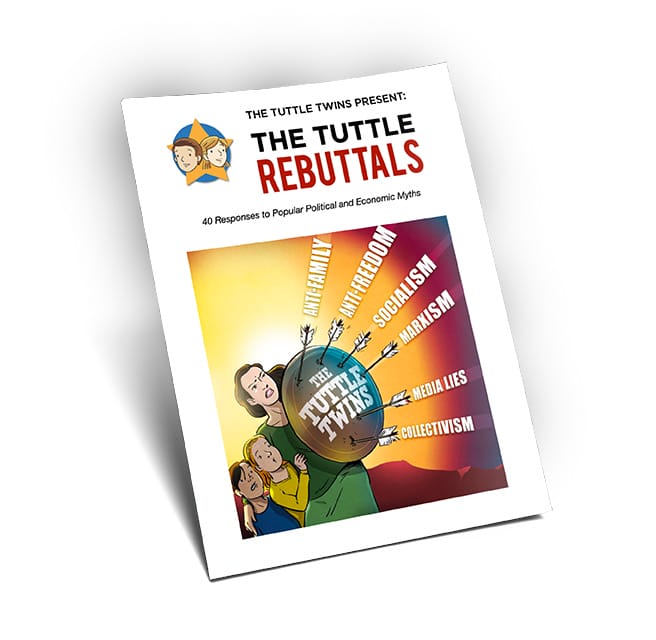
As homeschool parents, you know it’s not just about teaching your kids math and science, it’s also about teaching them important life skills and values. One thing that often gets overlooked, but that’s super important in today’s digital age, is privacy. With so much personal information floating around online and so much potential for it to be misused, we need to be teaching our kids how to protect their privacy and make smart decisions about what they share online.
The first step is making sure your kids understand that privacy is the ability to control who has access to their personal info and how it’s used. Privacy is important because it lets us maintain control over our personal lives and make choices about who we share information with.
With social media and the ease of sharing information, it’s pretty easy for kids to accidentally or unknowingly share too much personal info. This can include things like their full name, home address, phone number, or even photos of themselves or their family—things that aren’t necessarily “secret” but that certainly shouldn’t be made available for anyone to find because they can be misused. There is also the potential for kids to encounter people with bad intentions who try to coerce them into sharing other things about themselves that they shouldn’t. The sooner kids know that these dangers exist, the better prepared they will be should they ever encounter them.
One way to teach kids about protecting their privacy online is to talk about “stranger danger” as it applies to their digital spaces. It might sound kind of silly to them, but just like in the real world, it’s important to be careful about interacting with strangers online. This includes not accepting friend requests or following accounts from people they don’t know in real life, and being mindful of what personal info they share on their social media profiles.
Privacy also includes things like cyberbullying. It’s important to teach kids about the potential consequences of their online actions and to be mindful of how their actions might impact others. Do they treat people they interact with online with the same kindness and consideration that they use when hanging out with their friends and classmates? It’s easy to slip into uncharacteristically unkind behavior when interacting anonymously—this includes not posting hurtful or embarrassing content about others and not sharing personal info about others without their permission. It’s also important that they know that if someone is saying hurtful things to them online, or encouraging them to hurt themselves or others, that it is safe for them to talk to you about it—no matter what.
Having open and candid conversations with your kids from the time they start creating online profiles and engaging with the digital world can help them form online habits that will protect them as they grow up. Creating an environment where your kids feel safe talking to you about things they might encounter online that go against your families values or standards can sometimes necessitate awkward or uncomfortable conversations, but it’s worth it in the long run.
Those who prey on naivety abound in the digital world, and the sooner children can learn how to protect themselves the better prepared they will be to navigate the situations they are likely to encounter. By having honest conversations with our kids about the importance of privacy and the potential risks of sharing too much personal info online, and by taking practical steps to protect their privacy, parents can help their kids make smart and safe decisions about what they share online. Here are some helpful tips to start creating a family culture of safe online activity:
Internet safety and privacy: Talk about the importance of keeping personal information private online. This includes things like your child’s name, age, address, and phone number. Teach your kids about the risks of sharing too much information, such as posting pictures or videos that could be seen by strangers.
Cyberbullying: Talk about the dangers of cyberbullying and how to handle it if it happens. This includes not responding to negative messages or comments, blocking and reporting the person who is bullying, and telling an adult if the bullying continues. It also mean not engaging in behavior that could be harmful to others.
Online predators: Set clear rules for your family about talking to strangers online, as well as the dangers of sharing personal information or meeting up with someone they’ve only talked to online. Each family will have different rules, and they may evolve as kids get older, but setting boundaries and planning for situations before your kids encounter them can save a lot of potential harm in the future.
Digital citizenship: Talk with your kids about responsible online behavior. Topics to cover might include not plagiarizing or stealing content, respecting others’ privacy, and being aware of the impact their online actions might have on others.
Internet addiction: Monitor your kids’ screen time and make sure they are not spending excessive amounts of time online. Each family will have different rules governing time spent online, but too much digital connectivity can lead to problems such as poor sleep, decreased physical activity, and difficulty socializing. If your kids are always thinking about when they can get online again, it may be time to set some boundaries and refocus their attention and interest.
Online scams and fraud: Adults aren’t the only ones who fall for online scams. Kids get targeted too, so it’s important to let them know that scammers exist, and to talk to them about different methods they use to trick or entrap people.
Parental controls and monitoring: Even if your children are trustworthy and honest, the chances that they will encounter situations or content online that go against your family values is pretty high. Parental controls exist to help mitigate some of the problems that can come from kids being in online spaces. From setting time limits on websites and apps, to having family policies in place that require parents have access to devices and passwords at all times, a little action now can save a lot of heartache later.  It seems that there are virtually unlimited ways that outside influences seek to disrupt the healthy development of kids, and displace the role of parents in a child’s life. We’ve tackled some of them in our series of parent guides that help prepare moms and dads to talk with their kids about everything from the tricky ways kids are indoctrinated into socialist views, to rebuttals of popular economic and political myths. We want to help parents take back their rightful place as the shapers of their kids’ worldview and values. After all, no one knows your kids as well as you do, so that means no one is as qualified as you are to teach them as you are. So keep up the good work! And let us help you tackle some of the hard stuff.
It seems that there are virtually unlimited ways that outside influences seek to disrupt the healthy development of kids, and displace the role of parents in a child’s life. We’ve tackled some of them in our series of parent guides that help prepare moms and dads to talk with their kids about everything from the tricky ways kids are indoctrinated into socialist views, to rebuttals of popular economic and political myths. We want to help parents take back their rightful place as the shapers of their kids’ worldview and values. After all, no one knows your kids as well as you do, so that means no one is as qualified as you are to teach them as you are. So keep up the good work! And let us help you tackle some of the hard stuff.




